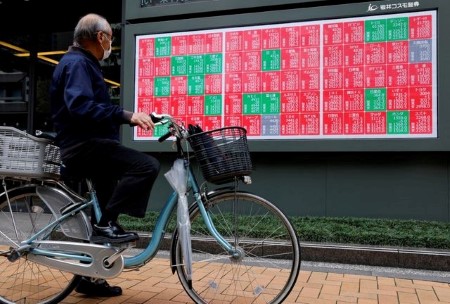

INSIGHTS 

INVESTMENT STRATEGY
THE BASICS
DOWNLOADS 

 DOWNLOAD
DOWNLOAD

 DOWNLOAD
DOWNLOAD

 DOWNLOAD
View all Reports
DOWNLOAD
View all Reports


Economic Updates
Inflation Update: Green light for easing
 DOWNLOAD
DOWNLOAD

Economic Updates
December Economic Update: One for them, one for us
 DOWNLOAD
DOWNLOAD

Philippines Trade Update: Trade trajectories trend along
 DOWNLOAD
DOWNLOAD
Follow us on our platforms.


Equities
2 MIN READ
Nikkei to rise about 7% by mid-2026 on corporate earnings, economic stimulus

This article originally appeared on reuters.com





 By Reuters
By Reuters